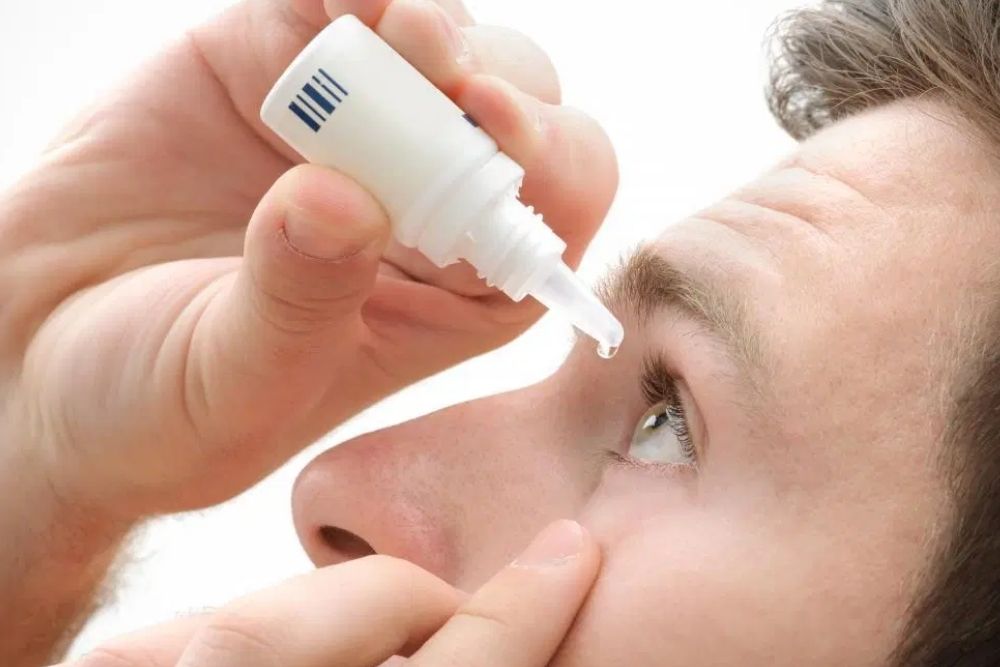Eye herpes or ocular herpes is a viral eye infection caused by type 1 herpes simplex virus (HSV-1) that also causes cold sores surrounding the mouth and lips.
Frequently, eye herpes affects the cornea of the eye (herpes keratitis). Eye herpes also affects the superficial cells of the cornea (epithelial herpes keratitis) and the main body of the cornea (stromal herpes keratitis). Stromal herpes keratitis causes corneal scarring. In other cases, HSV-1 can cause retina inflammation in the back of the eye (herpes retinitis) or iris inflammation and tissues within the front of the eye (herpes-related iritis).
Ocular Herpes
Type 1 herpes simplex virus (HSV-1) is typically transmitted orally through kissing or sharing food, utensils, and toothbrushes.
National Institutes of Health (NIH) said that quite half of the U.S. population in their 20s are HSV-1 infected. The World Health Organization (WHO) has an estimation of 3.7 billion people globally under 50 years old (67%) who have HSV-1 infection.
HSV-1 infection usually causes no symptoms, but some experience painful cold sores in or around the mouth for a week or more. When the virus becomes dormant beneath the skin, the symptoms slowly decline.
Reactivation of HSV-1 can occur, even if it remained inactive for years, causing cold sores or eye infection when triggered by the following stressors:
- Trauma
- Major dental or surgical procedures
- Excessive exposure to sunlight
- Emotional upset
- Fever
There is also an increased risk of HSV-1 reactivation from having a weak immune system that leads to an ocular herpes outbreak. People undergoing chemotherapy are prone to a higher reactivation risk because of their weakened immune function.

Symptoms
Ocular herpes usually affects only one eye but can affect both. Characteristics of eye herpes include:
- Tearing
- Recurrent eye infections
- Blurry vision
- Eye redness
- Eyesores
- Swelling around the eyes
- Irritation
- Foreign body sensation
- Sensitivity to light
- Watery eye discharge
Eye herpes can also cause corneal ulcer and permanent vision loss from corneal scarring when remained untreated.

Treatment
Based on National Eye Institute, eye doctors prescribe viral medication to regulate the virus and prevent corneal damage. Eye medications could be in eye drop form, ointments, or oral medicines, determined by the severity and location of the infection.
Some antiviral medications for ocular herpes include:
- Vidarabine ointment (Vira-A)
- Trifluridine eye drops (Viroptic)
- Ganciclovir ophthalmic gel (Zirgan)
- Acyclovir oral medication (Zovirax)
The treatment of your eye herpes must carefully take after your eye doctor’s instruction, strictly using the prescribed medications as directed. These treatments may not entirely mitigate the virus, but it can prevent eye damage, loss of sight, and control possible viral outbreaks.
Cornea transplant surgery (keratoplasty) can repair some or all of your vision from experiencing corneal scarring and vision loss caused by ocular herpes.



